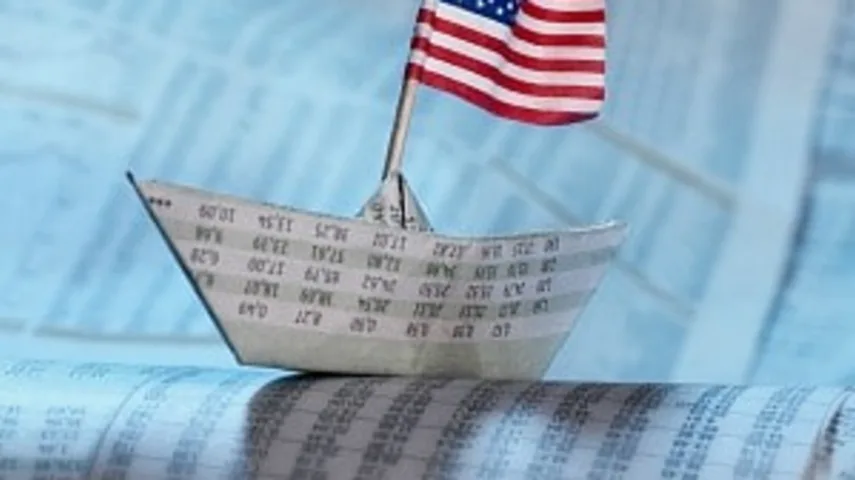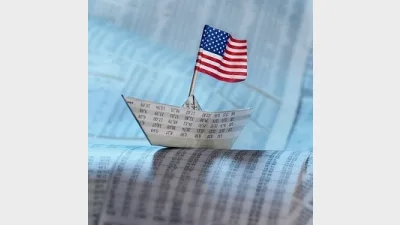Chi-X adds global blue-chip US listed companies



Chi-X Australia, together with Deutsche Bank, has unveiled the next tranche of US listed companies that would be available to investors through its investment vehicle, Transferable Custody Receipts (TraCRs).
The new additions would include the following companies: Amazon, Warren Buffet’s conglomerate Berkshire Hathaway, Pfizer, Merck and Johnson & Johnson, making it a total of 15 global blue-chip US listed companies available to local investors on Chi-X Australia.
TraCRS trade in Australian dollars, on a local exchange and during Australian trading hours and provided investors with ownership of the underlying share which could be bought and sold like any domestic security.
“TraCRs have removed many of the traditional barriers to entry for those looking to access US equities and allow Australian investors to easily and cheaply trade well known, blue-chip brands on an Australian exchange,” Deutsche Bank’s head of depositary receipts Australia and New Zealand, Chris Bagley, said.
“Our partnership with Chi-X means we can be nimble in providing Australian investors with ongoing exposure to attractive global growth sectors.”
TraCRs are issued by Deutsche Access Investments Limited, a member of the Deutsche Bank group, and are exclusively traded on the Chi-X Australia exchange, accessible through a range of domestic brokers including CommSec, OpenMarkets, Morgans, Shaw and Partners and State One, the firm said.
Recommended for you
LGT Wealth Management is maintaining a neutral stance on US equities going into 2026 as it is worried whether the hype around AI euphoria will continue.
Tyndall Asset Management is to close down the Tyndall brand and launch a newly-branded affiliate following a “material change” to its client base.
First Sentier has launched its second active ETF, offering advisers an ETF version of its Ex-20 Australian Share strategy.
BlackRock has revealed that its iShares bitcoin ETF suite has now become the firm’s most profitable product line following the launch of its Australian bitcoin ETF last month.












